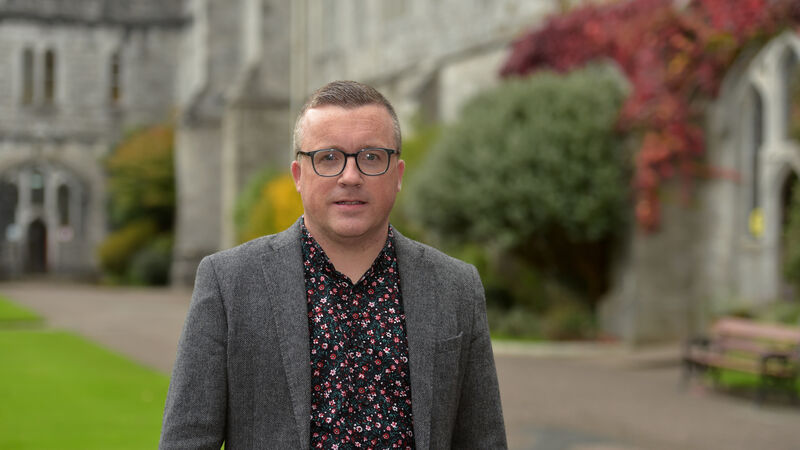Climate change: Companies cannot wait for new technologies, they must act now, warns UCC expert

Eoin Lettice: 'Too often, sectors with vested interests have pointed to future, unknown, or untested technologies as being our 'get-out-of-jail-free card' when it comes to climate change.' Picture: Dan Linehan
Sectors that must reduce emissions cannot abdicate their responsibility by waiting for new and untested technologies to come to the rescue — they must act now.
That is according to a University College Cork (UCC) expert, who was speaking following the "now or never" scenario laid out by the world's scientific community in the latest UN-backed Intergovernmental Panel on Climate Change (IPCC) report, which said that steep emissions cuts must begin after peaking in 2025 in order to avoid the worst impacts of global warming.
CLIMATE & SUSTAINABILITY HUB













